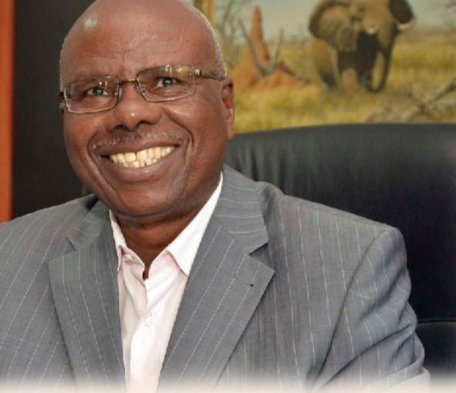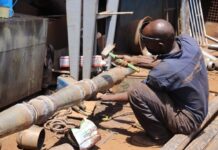Indian billionaire Gautam Adani’s Kenyan partner, Hitesh Doshi, has shocked the market after selling his upscale Runda-based school, Hillcrest International, for just Ksh130.
Doshi, who fronts the Adani Group’s logistics, ports and energy interests in Kenya, off-loaded the elite institution to London-based investor Sandcastle Education Holdings in a deal that raises eyebrows over the future of high-end private education assets in Nairobi.
Market documents seen by investors reveal that the Sh130 symbolic figure was used as a nominal value in a debt-takeover transaction that allowed the new owners to assume liabilities likely running into hundreds of millions of shillings.
Doshi’s company, Centre for Education Investment Limited, which acquired Hillcrest in 2019 amid expansion plans linked to Adani’s East African footprint, is understood to have faced rising operating costs, muted enrolment numbers and post-pandemic liquidity constraints.
Selling the school for Ksh130 effectively transferred ownership while shedding heavy obligations tied to bank loans, suppliers and payroll that had become unsustainable.
Sources familiar with the transaction claim the decision reflects a broader shift among top-tier real estate and educational investors, who now view Nairobi’s premium international school market as saturated, with stiff competition squeezing margins.
By engineering a near-zero-valuation exit, Doshi not only cuts his exposure but also secures regulatory goodwill as Adani Group steps up its push for infrastructure projects in Kenya, including the Ksh150 billion Kipevu Oil Terminal and proposed investments in Lamu.
Sandcastle, which specialises in distressed education assets, has said it will inject fresh capital into Hillcrest and reposition it as a regional hub for international curricula, signalling confidence in a turnaround.
Analysts note that Doshi’s move mirrors similar actions by investors exiting non-core businesses due to macro-economic headwinds, tight credit conditions and shifting consumer priorities.
For parents and staff, the nominal Ksh130 sale underscores mounting financial pressure even among blue-chip education brands, raising fresh questions about the sustainability of premium school models in Kenya’s high-inflation environment.
Written By Ian Maleve



















